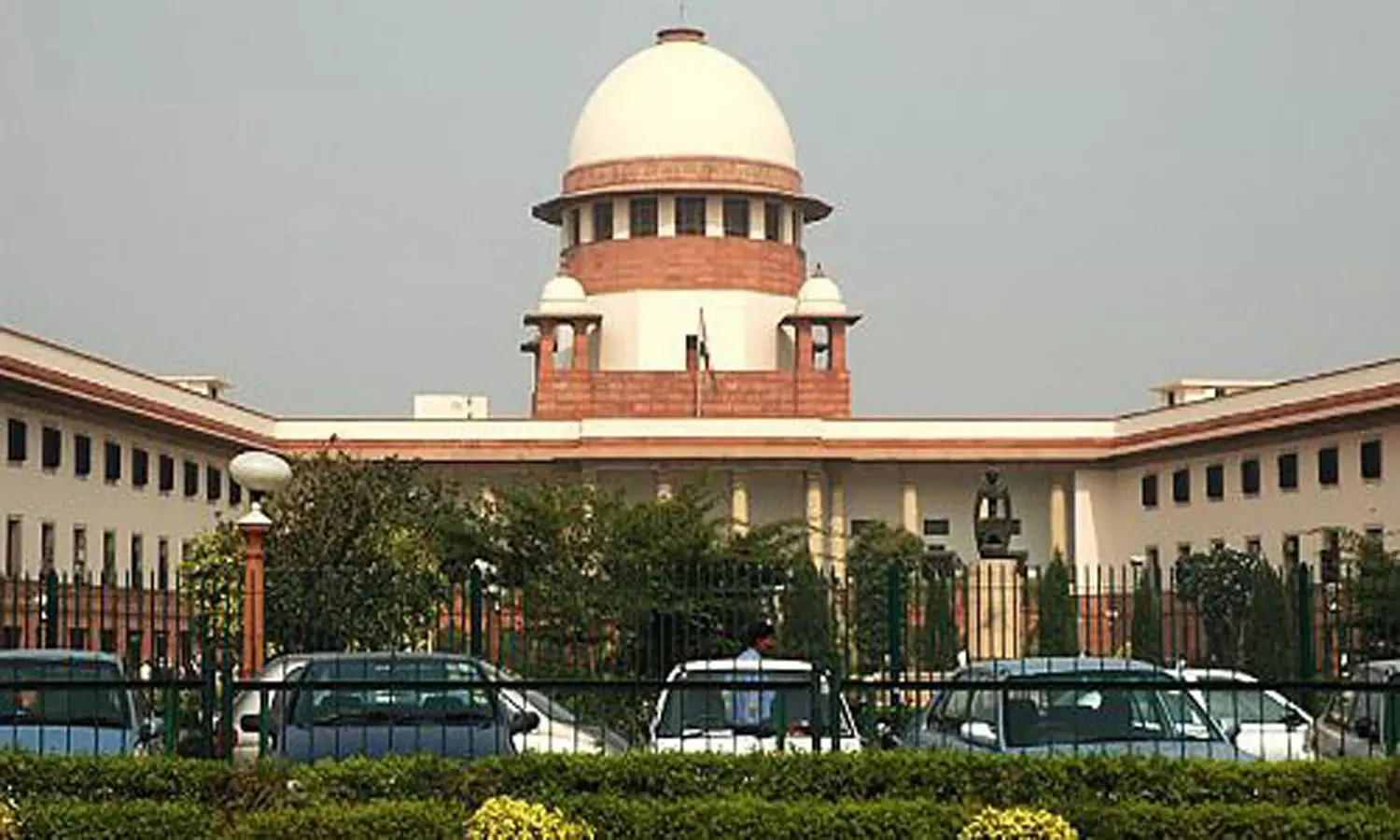TRENDING TAGS :
Pendency of Cases and National Court of Appeal
National Court of Appeal (NCA) is a proposed appellate court that is entrusted to deal with routine and appeal cases.
Understanding the Supreme Court Verdict on Article 370
As per the latest statistics from National Judicial Data Grid, sixty thousand cases are pending in front of the supreme court. With such huge backlogs of cases in India's top judiciary, it has become almost impossible for it to timely deliver its constitutional obligations. Surprisingly, in the last 25-30 years, the number of appeal cases have increased substantially as compared to constitutional cases, for instance- In 2014, out of 888 judgements delivered, only 64 were constitutional matters. As a result, the character of the Supreme Court is gradually changing from a constitutional authority to merely an appellate institution.
So, it becomes inevitable to introduce out-of-the-box reforms in the structure of the Indian judiciary. In the same line, India's top law officer K.K. Venugopal reiterated the decade old demand for the establishment of the National Court of Appeal (NCA) to significantly reduce the burden of the Supreme Court. These courts can act as an intermediary court between the supreme court and the high courts. It will relieve the top court from routine appeal cases and allow it the appropriate time to deal with cases involving substantial questions of law and national importance. UK and Ireland are already following the concept of NCA dealing with similar appeal cases.
What is NCA?
National Court of Appeal (NCA) is a proposed appellate court that is entrusted to deal with routine and appeal cases. It will act as an intermediary court between the higher and highest court. With its seat in New Delhi and regional cluster in Chennai, Mumbai and Kolkata, it is meant to act as the final court of justice in dealing with appeals from the decisions of the High Courts and tribunals within their region in civil, criminal, labour and revenue matters.
Due to the skyscraping of cases, Law Commission in its 14th, 95th and 125th report also advocated for the establishment of NCA. In addition, the issue of the National Court of Appeal was also addressed by the then Chief Justice of India Hon'ble Justice P.N. Bhagwati observed that "it would be desirable to set up a National Court of Appeal which would be in a position to entertain appeals by special leave from the decisions of the High Courts and the Tribunals. As far as the present Apex Court is concerned, it should concern itself only with entertaining cases, involving questions of constitutional law and public law."
Is NCA worthy?
· Due to bifurcation of cases among NCA and Supreme Court, the challenges of frequent adjournments can be drastically catered which ultimately leads to speedy disposal of cases, thus, ensuring Article 21 of the constitution.
· NCA's regional benches allows wider access to litigants from remote parts of the country, for whom the distance to New Delhi acts as a major barrier to justice.
· A court of appeal can work as a superb mechanism to sieve cases. It can streamline the Supreme court role in dealing with cases related to national importance, constitutional interpretation, and, other substantial question of law.
· As per Economic Survey 2017-18, delayed corporate judicial decisions demotivate investment, hampers contract enforcements, escalate legal cost leading to increased cost of doing business in India. Such backlog of cases erodes social and economic infrastructural capital.
On the contrary, legal experts feel that such establishments need substantial interpretation and amendments to the constitution. Moreover, such judicial restructuring has the potential to challenge the basic structure of the constitution i.e. to dilute the constitutional superiority of the Supreme Court. Dilution of the Supreme Court and its aura as an apex court might not be in line with the concept of the Supreme Court envisioned by the architects of the Constitution. In fact, the union government has also rejected such demand on the ground that such policy decision can affect the basic fabric of the Indian constitution. It is further stressed that NCA will only create another level of adjudication in the Indian judiciary leading to further stretching of cases.
The issues concerning the unified Indian Judiciary as a whole are deep-rooted for the NCA to offer a solution. The Supreme Court is clogged with a relatively less number of cases than the subordinate courts and high courts which has three crore and forty lakh cases pending respectively on its desk. So, rigorous revamping of the subordinate and higher judiciary may be a far better way to relieve the higher judiciary's burden. We need to strategize and rearrange our present judicial hierarchy to meet the mounting issues before introducing a new layer, the notion of which may be difficult to realize.



